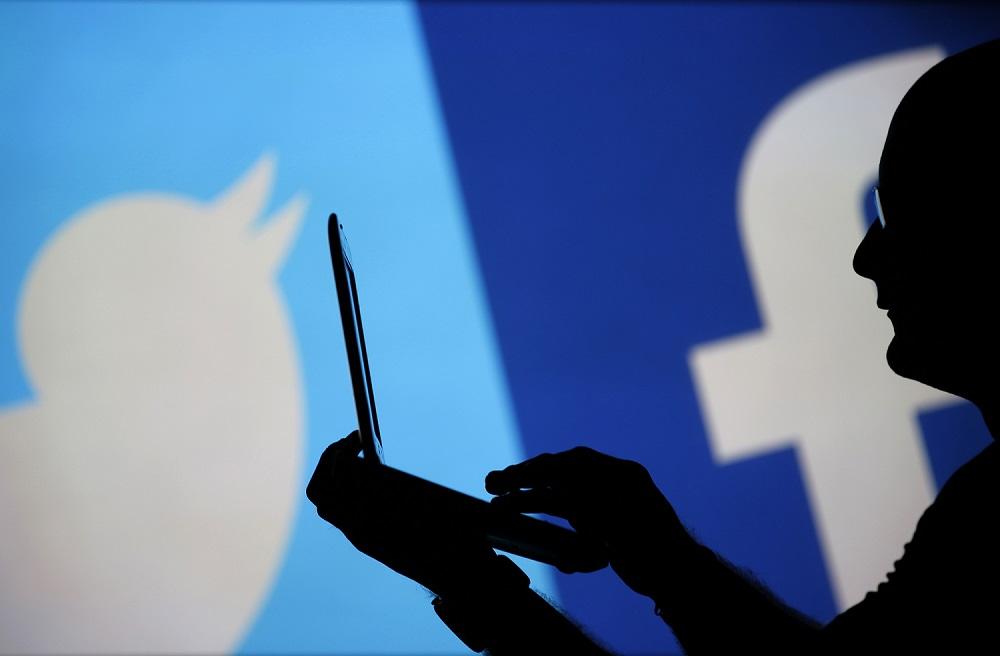The California Supreme Court recently ruled that criminal defendants should be granted access to certain social media posts and communications in order to build their case.
In the age of prevalent social media use among various age groups, it has been proven that gathering information through social media can help in building a case for legal purposes. However, Los Angeles Times noted that this is usually a dead end for criminal defendants and their lawyers.
The same report added that while law enforcement agencies and prosecutors are usually granted access to social media posts through subpoenas, the same cannot be said for criminal defendants.
However, that could be changed in the near future following a remarkable decision released by the California high court this week. In a 61-page opinion penned by Chief Justice Tani Cantil-Sakauye, the Supreme Court said social media communications that were configured to be public “may be disclosed by a provider” with reference to Stored Communications Act section 2702.
The high court also called a previous Court of Appeal ruling as “erroneous” which prohibited social media providers from releasing subpoenaed communications and data that were set as public posts prior to and at the time legal requests are issued.
“As we construe section 2702(b)(3)’s lawful consent exception, a provider must disclose any such communication pursuant to a subpoena that is authorized under state law,” the California Chief Justice wrote.
The major decision is rooted from the requests of criminal defendants Lee Sullivan and Derrick Hunter who were involved in a drive-by shooting in 2013. Both were later indicted by a grand jury of murder and gang-related charges.
To build their defense case, Sullivan and Hunter’s camp issued a subpoena to Facebook, Instagram, and Twitter requesting access to “public and private communications, including any deleted posts or messages” which have been rejected at the time.
Meanwhile, the high court disagreed with the defendants’ argument that social media posts shared to a “large group,” even though the users did not technically configure them as public data, should also be accessible and be used as court evidence.
“On this point we reject defendants’ broad view and instead agree with providers that restricted communications sent to numerous recipients cannot be deemed to be public — and do not fall within the lawful consent exception,” CJ Cantil-Sakauye further explained.
California SC has now brought back the defendants’ case to a trial court for another round of proceedings guided by the high court’s opinion.



 Federal Judge Rules Trump Administration Unlawfully Halted EV Charger Funding
Federal Judge Rules Trump Administration Unlawfully Halted EV Charger Funding  Federal Judge Signals Possible Dismissal of xAI Lawsuit Against OpenAI
Federal Judge Signals Possible Dismissal of xAI Lawsuit Against OpenAI  Instagram Outage Disrupts Thousands of U.S. Users
Instagram Outage Disrupts Thousands of U.S. Users  Supreme Court Signals Doubts Over Trump’s Bid to Fire Fed Governor Lisa Cook
Supreme Court Signals Doubts Over Trump’s Bid to Fire Fed Governor Lisa Cook  Panama Supreme Court Voids CK Hutchison Port Concessions, Raising Geopolitical and Trade Concerns
Panama Supreme Court Voids CK Hutchison Port Concessions, Raising Geopolitical and Trade Concerns  SpaceX Pushes for Early Stock Index Inclusion Ahead of Potential Record-Breaking IPO
SpaceX Pushes for Early Stock Index Inclusion Ahead of Potential Record-Breaking IPO  Nvidia Nears $20 Billion OpenAI Investment as AI Funding Race Intensifies
Nvidia Nears $20 Billion OpenAI Investment as AI Funding Race Intensifies  Baidu Approves $5 Billion Share Buyback and Plans First-Ever Dividend in 2026
Baidu Approves $5 Billion Share Buyback and Plans First-Ever Dividend in 2026  Federal Judge Restores Funding for Gateway Rail Tunnel Project
Federal Judge Restores Funding for Gateway Rail Tunnel Project  Trump Lawsuit Against JPMorgan Signals Rising Tensions Between Wall Street and the White House
Trump Lawsuit Against JPMorgan Signals Rising Tensions Between Wall Street and the White House  Citigroup Faces Lawsuit Over Alleged Sexual Harassment by Top Wealth Executive
Citigroup Faces Lawsuit Over Alleged Sexual Harassment by Top Wealth Executive  Sam Altman Reaffirms OpenAI’s Long-Term Commitment to NVIDIA Amid Chip Report
Sam Altman Reaffirms OpenAI’s Long-Term Commitment to NVIDIA Amid Chip Report  Global PC Makers Eye Chinese Memory Chip Suppliers Amid Ongoing Supply Crunch
Global PC Makers Eye Chinese Memory Chip Suppliers Amid Ongoing Supply Crunch  Jensen Huang Urges Taiwan Suppliers to Boost AI Chip Production Amid Surging Demand
Jensen Huang Urges Taiwan Suppliers to Boost AI Chip Production Amid Surging Demand  Elon Musk’s SpaceX Acquires xAI in Historic Deal Uniting Space and Artificial Intelligence
Elon Musk’s SpaceX Acquires xAI in Historic Deal Uniting Space and Artificial Intelligence  New York Judge Orders Redrawing of GOP-Held Congressional District
New York Judge Orders Redrawing of GOP-Held Congressional District 































